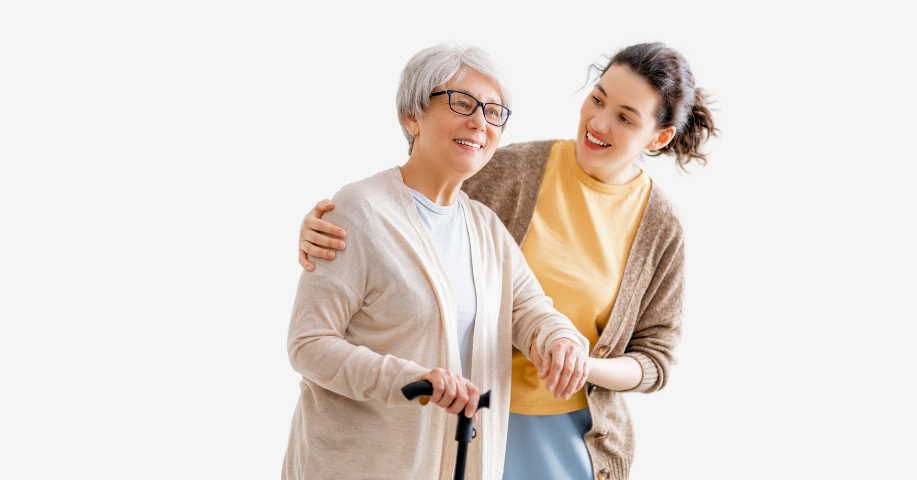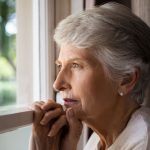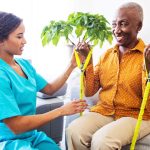Mahatma Gandhi once said “strength does not come from physical capacity. It comes from an indomitable will,”.
This quote might resonate if you or your loved one is recovering from a stroke. As one of the leading causes for disability in Australia [1] many stroke survivors suffer physical challenges, but don’t lose their determination to recover.
Currently, there are more than 440,000 Australians living with the effects of stroke [1]. If you are one of these people, you might not be sure where your journey will lead. And if you have recently had a stroke, you could be unsure about what happens next.
There are many different journeys for stroke survivors. Some people follow a clear path, while others may face setbacks on their road to their new normal.
The stages of stroke recovery can be categorised by three different areas:
- Assessment
- Rehabilitation
- Life after stroke
Assessment
Immediately after your stroke, you’ll be assessed by medical professionals. You will likely spend around three to seven days in hospital [2].
During this period of assessment, several of your core abilities and senses will be monitored for any changes. This can include:
- Any weakness on one side of your body, including your arms and legs.
- Difficulty controlling movement of coordinating movement.
- Trouble swallowing.
- Difficulty speaking, reading or writing.
- Any issues with your five senses.
- Trouble thinking or remembering.
- If you need assistance to perform your daily tasks.
[3]
During this period, you might meet allied health professionals, including; speech pathologists, occupational therapists, and physiotherapists, who will work with you to identify any areas of change in your physical and mental capacity and provide you with a rehabilitation plan.
When you are ready to leave hospital, you’ll be encouraged to continue your rehabilitation at home and given information about how to do this. This might include:
- Regular appointments with allied health professionals.
- Equipment and aids to support with mobility and everyday tasks.
- In-home rehabilitation services such as focused Health Care.
- Changes to your home.
Rehabilitation
Recovery after stroke depends on several factors, including what kind of stroke you suffered, how severe your stroke was, and what parts of your body were affected by the stroke.
Your rehabilitation will be guided by a series of allied health professionals and medical teams and will be tailored to aid your symptoms and everyday life.
Some of the things you can expect during your rehabilitation period include:
- Exercises to help you sit, balance, stand, move and walk safely. They can also help you improve your flexibility and balance to reduce the risk of falls.
- Speech pathology to help with communication and swallowing.
- Nutrition advice and diet plans to help your body recover and function at optimal capacity. gain the nurtition it needs.
- In-home support to Occupational therapy to help you navigate your daily life.
The most rapid recovery occurs in the first six months after a stroke. Further recovery is possible and can occur over a period of many years. [3]
Life after stroke
While you’ll likely continue with your rehabilitation and therapy for the foreseeable future, recovery from a stroke is an individual process. Every stroke is different, and each person will have different needs.
Some things you could do to during your longer-term recovery might include:
- Writing down your goals or keeping a photo journal of your recovery.
- Keeping a list of questions for your therapists.
- Celebrating all your achievements and milestones.
- Focus on more than just the physical achievements.
- Keep your family and friends involved in your journey.
You may find you need the support of medical professionals, such as nurses, in your home. Focus Health Care is a dedicated team of trained nurses who you can trust to deliver the highest quality services while you recover from your stroke.
Find out more about Focused Health Care Rehabilitation services here or give us a call us today to discuss how we can help.
References:
[1] Deloitte Access Economics. 2020. No postcode untouched, Stroke in Australia 2020.






